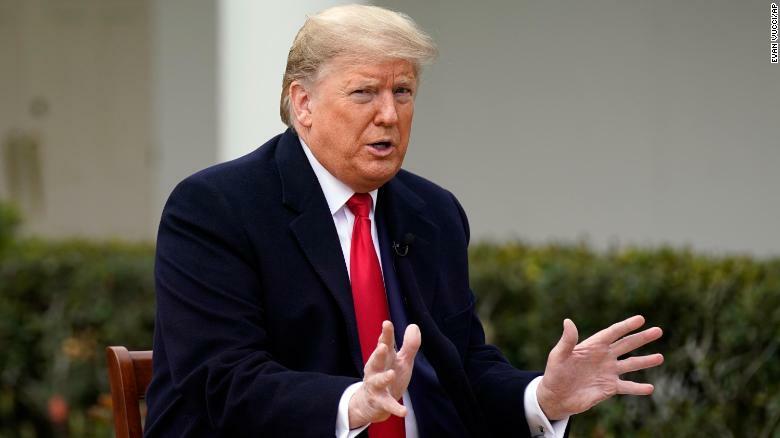Leading Nigerian public figures have voiced strong reactions to the prospect of United States military involvement in the country, following renewed global attention to reports of targeted attacks on Christian communities. The debate intensified after former U.S. President Donald Trump reaffirmed Nigeria’s designation as a “Country of Particular Concern” and directed the U.S. Department of Defense to prepare for possible intervention against groups accused of perpetrating violence.
The development has prompted calls for urgent and credible domestic security reforms rather than reliance on foreign military action.
Calls for Strengthened Local Security Architecture
Olu Akanmu, Executive in Residence at Lagos Business School, described the situation as a reflection of longstanding leadership shortcomings in Nigeria’s security framework. He urged federal and state authorities to immediately adopt decentralised policing structures, including the mobilisation of state and community police forces supported by adequately equipped regional outfits such as Amotekun.
Akanmu argued that each state should deploy at least one hundred thousand security personnel to build a nationwide force capable of confronting terrorism and banditry. In a public statement, he asserted that the episode should serve as a wake-up call for political leaders to take decisive responsibility for internal security failures.
Opposition to Foreign Intervention
Civil rights advocate and former presidential candidate Omoyele Sowore encouraged Nigerians to resist framing external intervention as a viable solution. He warned that United States military actions in countries such as Afghanistan, Iraq, Libya, and Syria offer cautionary examples of prolonged instability following foreign deployment.
Former Kano State governor Rabiu Musa Kwankwaso also appealed for a diplomatic rather than militarised approach. He underscored Nigeria’s sovereignty and stressed that insecurity affects citizens across ethnic and religious lines. Kwankwaso urged Washington to support Nigeria through intelligence and advanced security technology instead of threats, and recommended that the government appoint specialised envoys to deepen diplomatic engagement with global partners.
Stakeholders Highlight Risks, Urge Strategic Response
Concerns over Nigeria’s military capacity have also featured prominently in public commentary. Industry executive Femi Akinwumi called on the government to develop a clear and immediate operational plan to stem violence in affected communities. He pressed for intelligence-driven deployments, better inter-agency coordination, and strengthened local policing. Akinwumi also advised authorities to establish a high-level lobbying process to engage President Trump and outline concrete national measures aimed at stabilising the security situation.
Filmmaker and producer Charles Novia advocated for a dual strategy that combines robust internal reforms with proactive diplomacy. He encouraged President Bola Tinubu to dispatch a senior delegation to meet Trump directly and recommended the appointment of a high-profile diplomat, suggesting Dr. Akinwumi Adesina, to protect Nigeria’s strategic interests in Washington.
Government Response
President Tinubu rejected the recent United States designation, asserting that Nigeria’s Constitution guarantees freedom of religion and that government policy protects citizens of all faiths. He maintained that the label does not reflect realities on the ground or the efforts undertaken to safeguard religious liberty.
Context
The discourse reflects mounting pressure on Nigerian authorities to demonstrate progress in tackling insecurity amid heightened global scrutiny. Policymakers, activists, and business leaders broadly agree on one point: credible domestic security reforms, coupled with robust diplomacy, remain central to avoiding external intervention and restoring public confidence.




